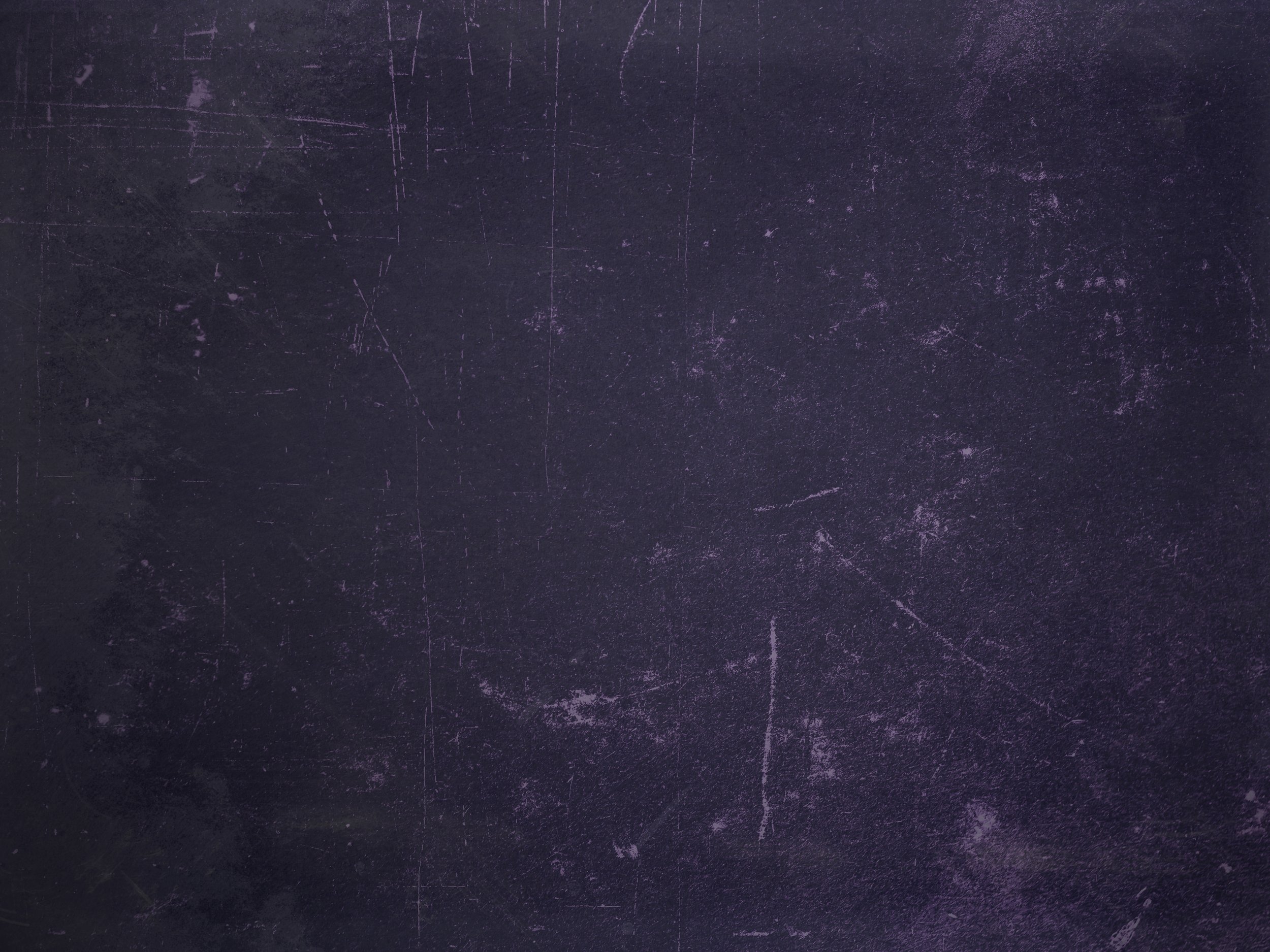
From April – July 2025, Hugo Max accompanied a daring triptych of films by F. W. Murnau with live soundtracks on solo viola.
Following the success of his 2024 UK Tour, Max improvised scores to Murnau’s classic Nosferatu (1922), chamber drama The Last Laugh (1924) and epic Faust (1926) at cinemas across the UK. His vivid performances breathed new life into Murnau’s expressionistic imagery.

The Films & The Scores
Nosferatu (1922)
The classic, unauthorised adaption of Bram Stoker’s Dracula.
"I first saw Murnau’s Symphony of Horror when I was nine years old. The film’s expressionistic images continue to haunt me, the chiaroscuro compositions tapping vividly into timeless subconscious fears.
“My improvisations on viola and piano draw inspiration from the leitmotifs and sound effects of 70s horror soundtracks and the languages of Second Viennese School composers contemporary to Murnau, also Jewish Traditional Music that informs my personal approach to creating a score for the film."
Image courtesy of Eureka Entertainment
Der Letzte Mann / The Last Laugh (1924)
Murnau’s visionary psychological drama.
“The life of a grand hotel doorman crumbles when he is demoted to the role of a lavatory attendant. Der Letzte Mann/The Last Laugh is a tragic chamber drama and intense character study propelled by Emil Jannings’ empathetic performance as the elderly doorman. Heightening the expressionist angst that permeates the film, my soundtrack on solo viola steps into the shoes of our protagonist, resonating with his doomed hopes and dreams.
“Murnau’s study of the German psyche in the aftermath of World War I demonstrates his visual language at its most exhilarating. The director viewed intertitles as “an obstructive presence in film”; in The Last Laugh there is no on-screen dialogue, Murnau’s camera roaming bravely to propose a visionary form of cinematic storytelling. Hitchcock expressed his admiration for the film, visiting Germany during its production to assist at the studios where Murnau was shooting. Der Letzte Mann left its distorted shadow on the Master of Suspense and remains one of the most pioneering and affecting works of expressionist film.”
Image courtesy of Friedrich-Wilhelm-Murnau-Stiftung
Faust (1926)
The ultimate reimagining of the legend on screen.
“F. W. Murnau’s 1926 reimagining of the Faustian legend narratively draws upon the dramas of Goethe and Marlowe while blazing with a singular visual power. Epic in scale and breathtakingly fantastical, Faust is propelled by tragic urgency and romance. An ode to the triumphant power of love, this film explores themes that permeate and unite Murnau’s oeuvre. My viola soundtrack combines the expressionistic gestures of central European music from the 1920s with references to the treasure trove of Faust-inspired compositions.”
Image courtesy of Friedrich-Wilhelm-Murnau-Stiftung



